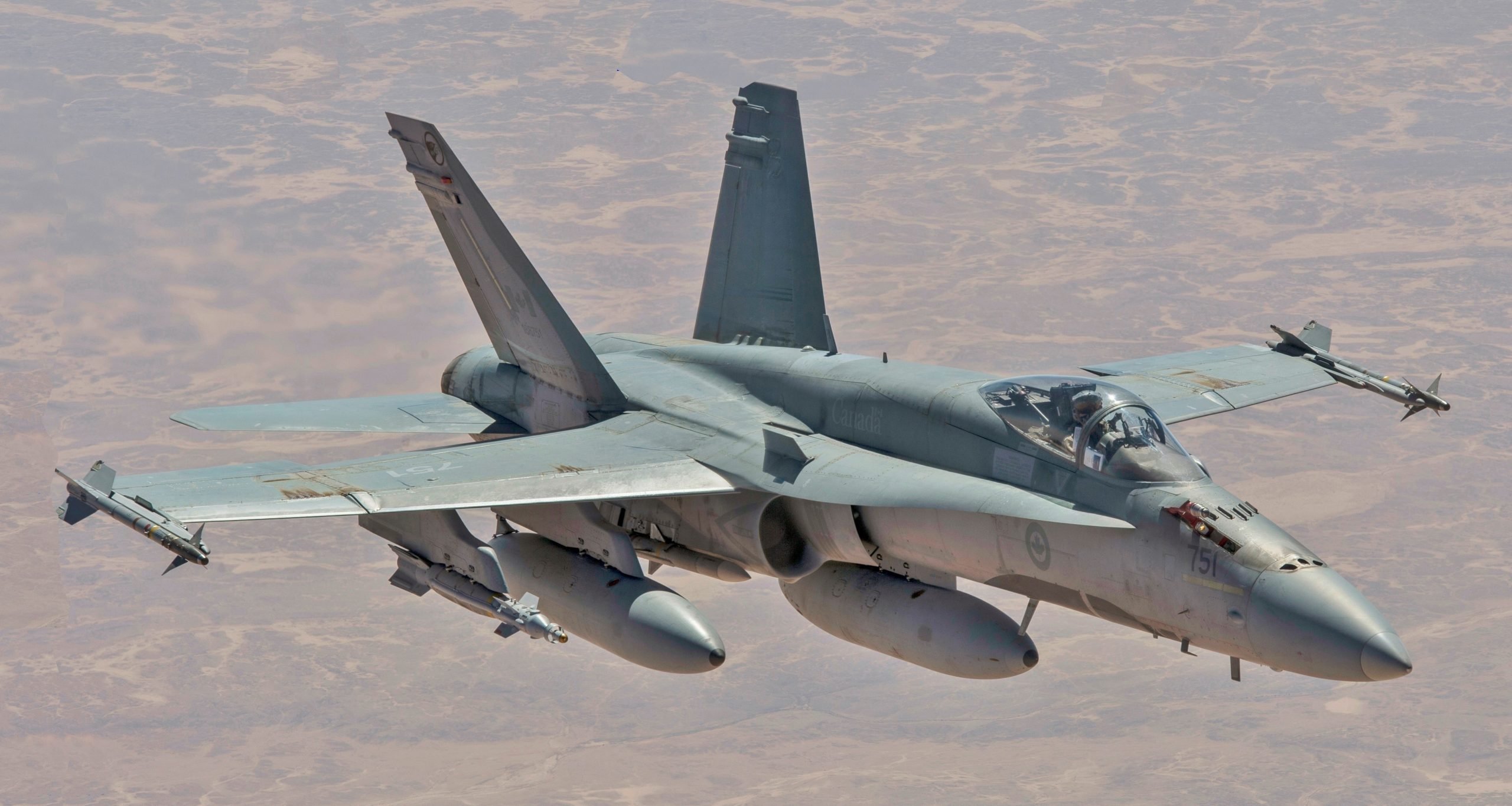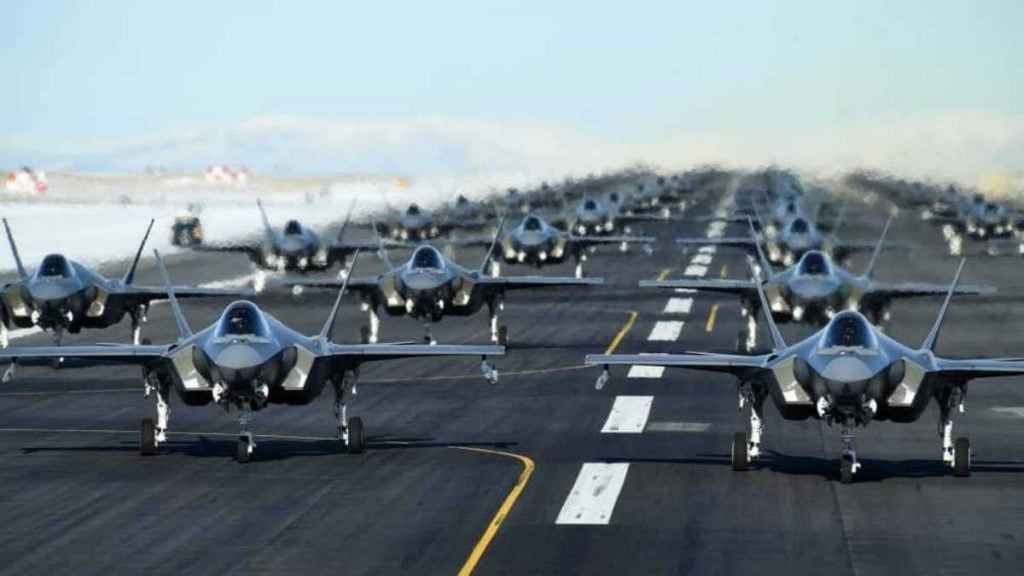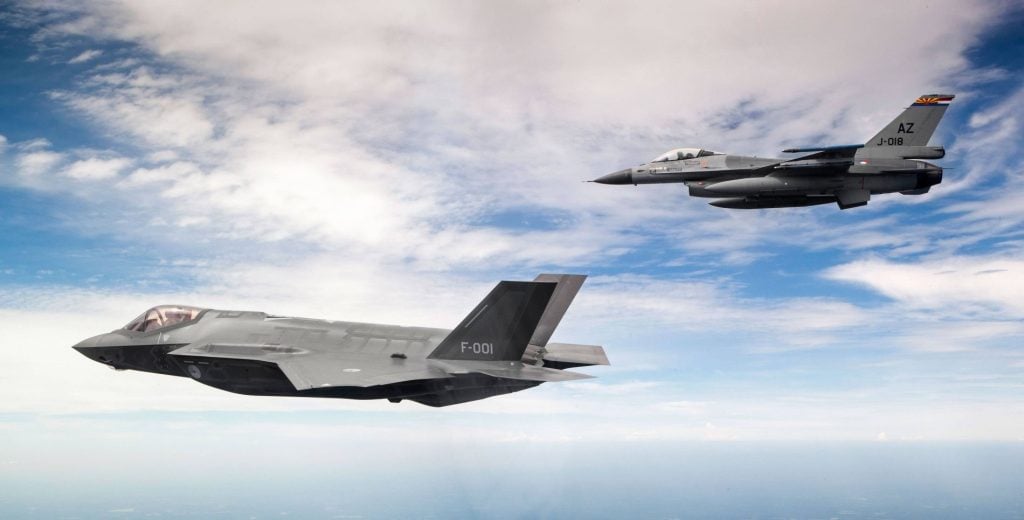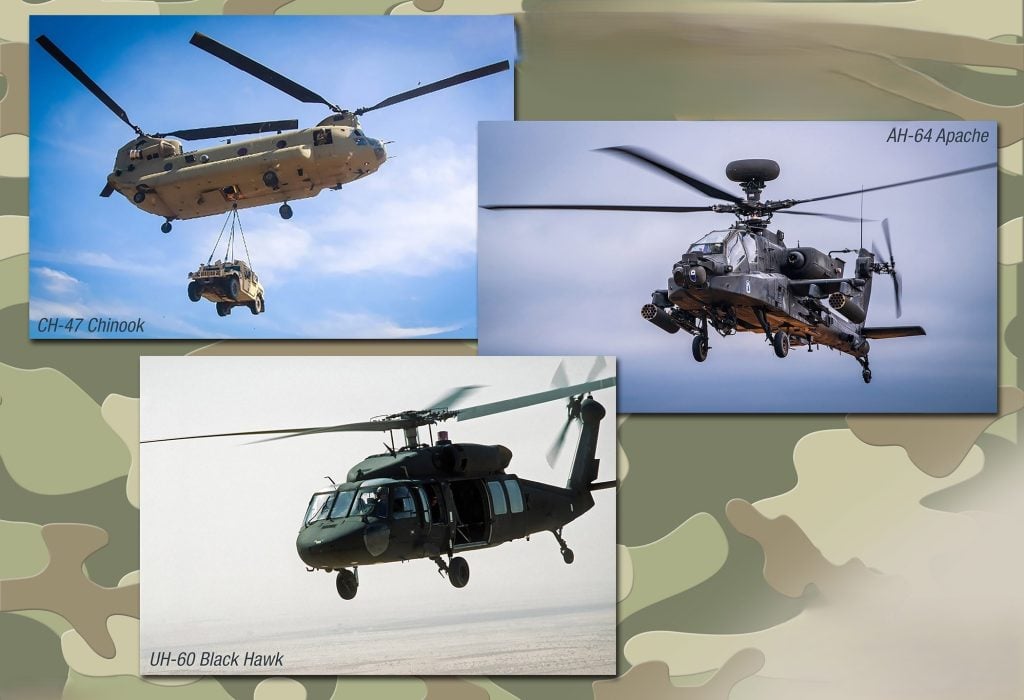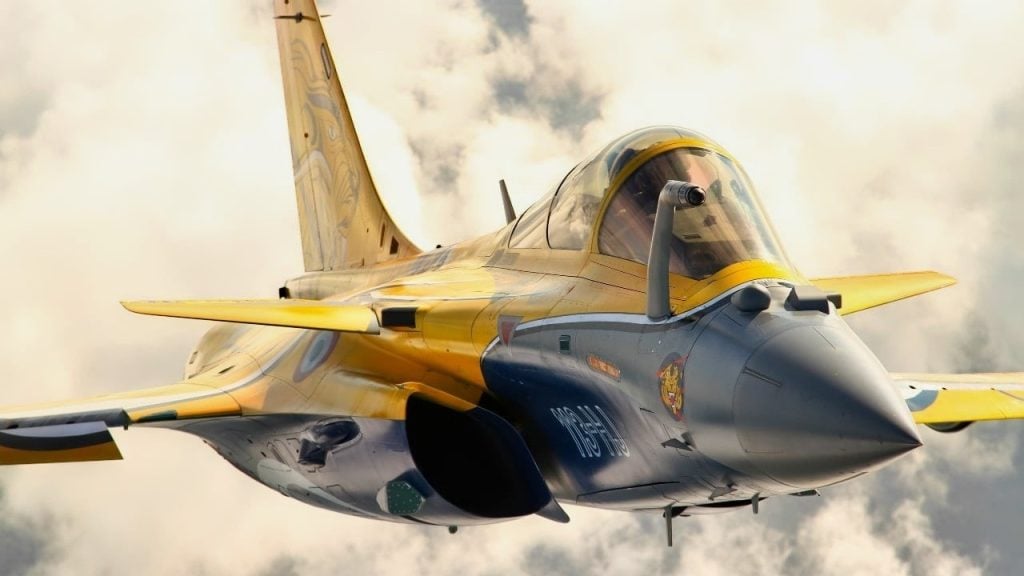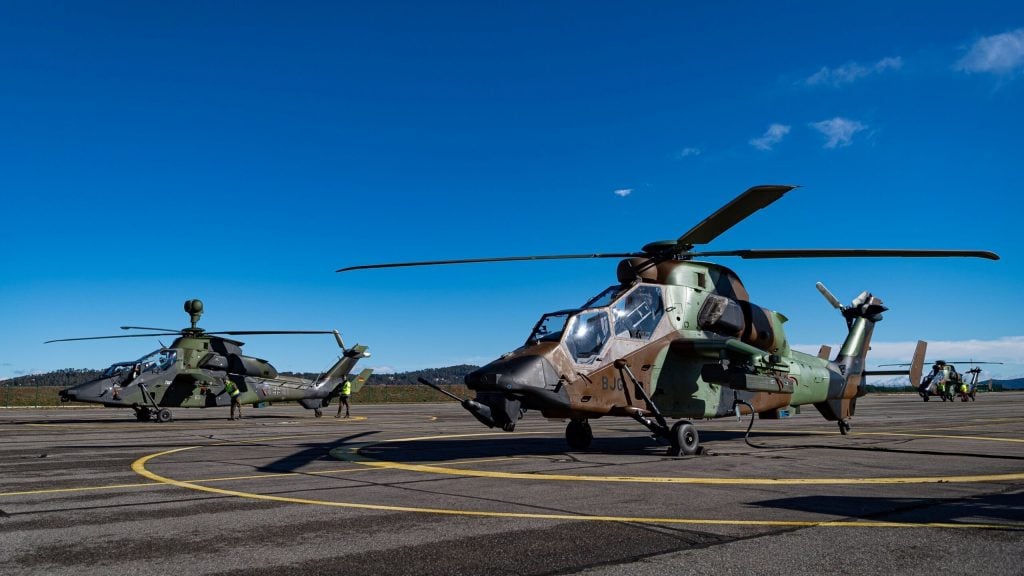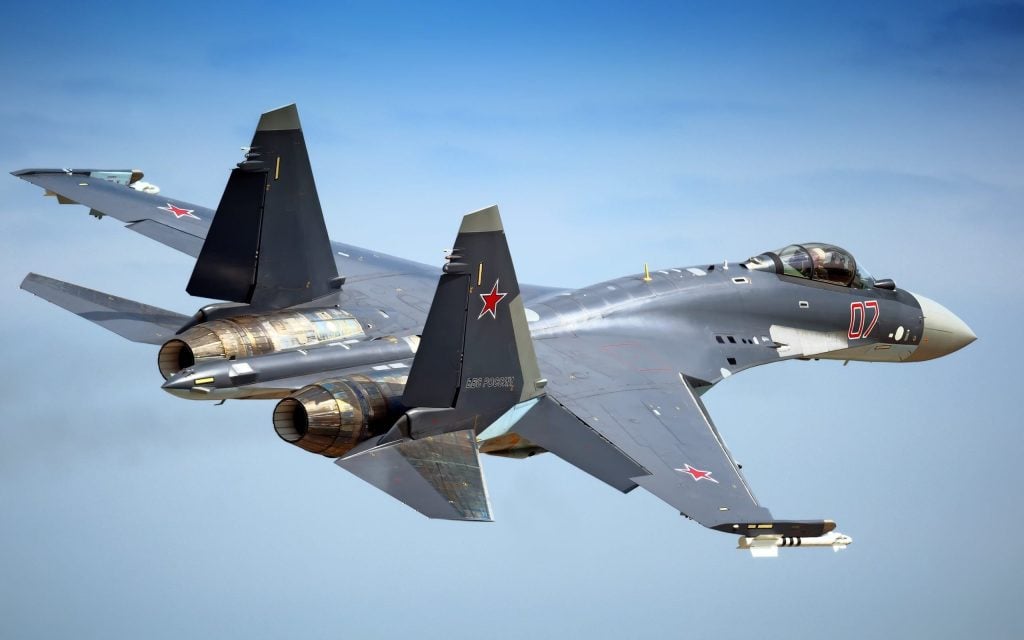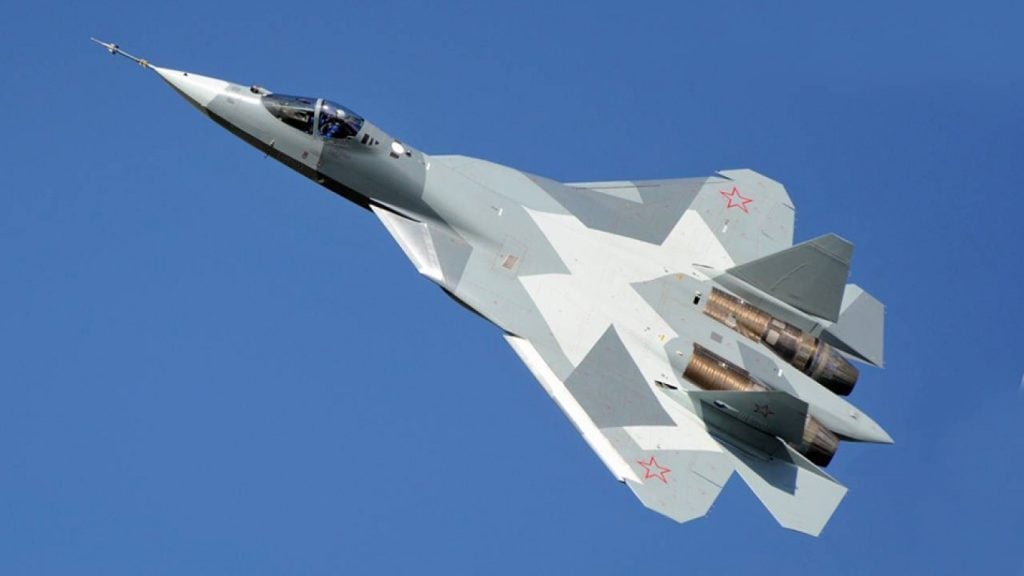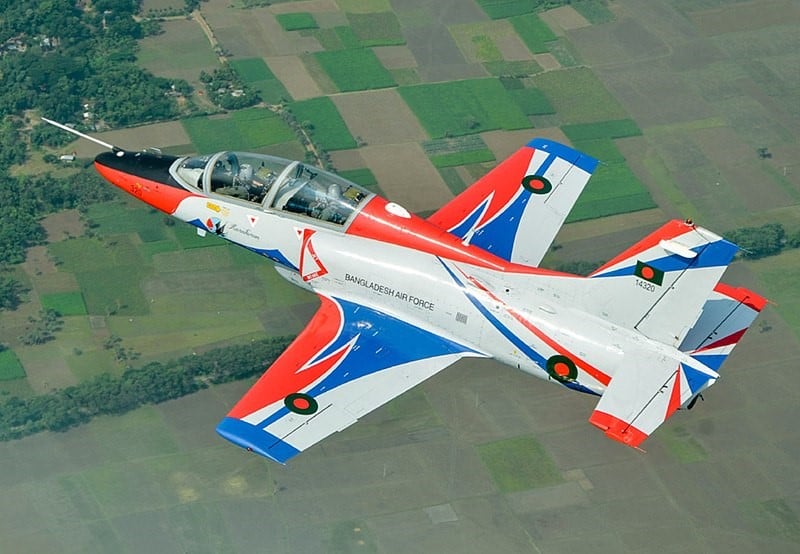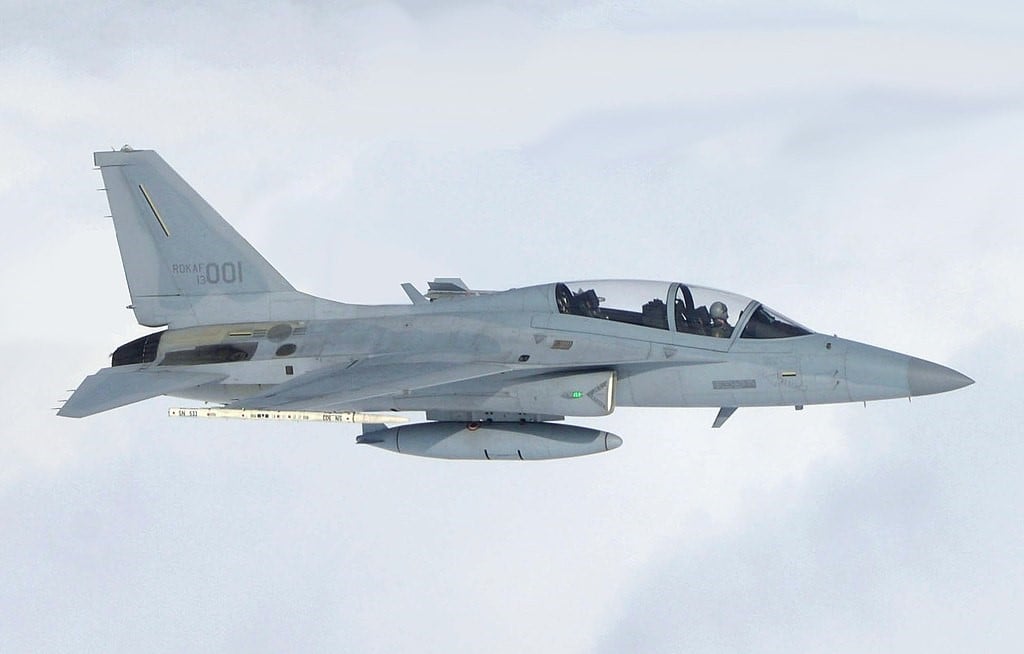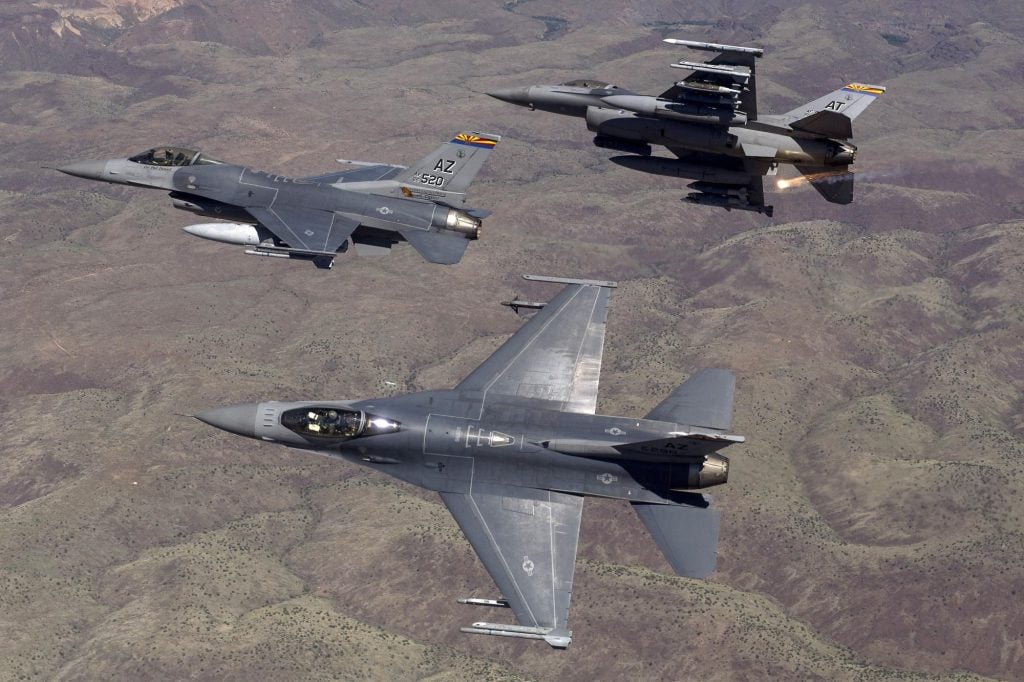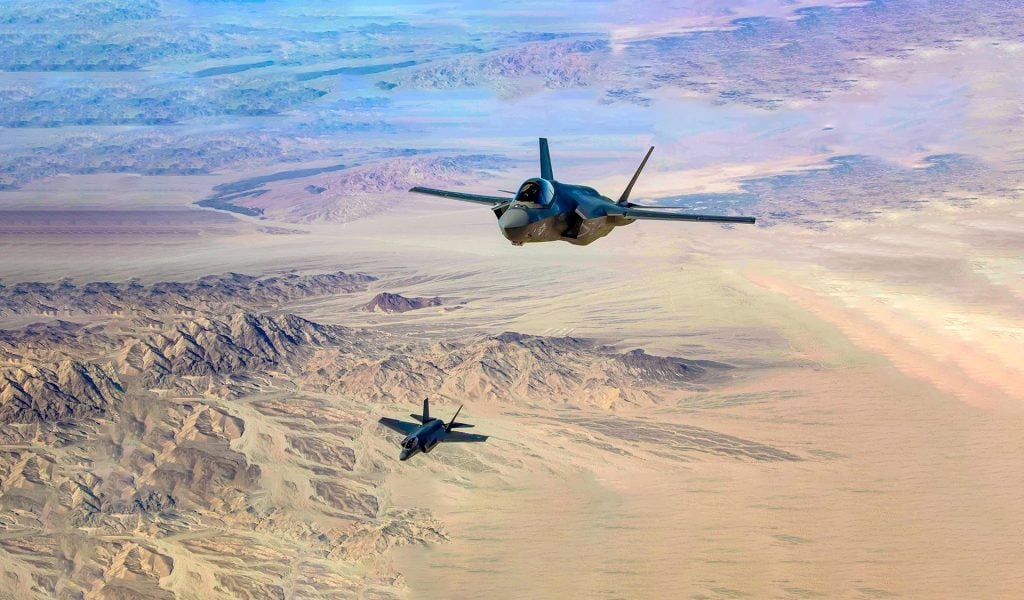The global defense industry is a complex and dynamic landscape, with nations jockeying for position and influence through the acquisition and export of military hardware. At the heart of this ecosystem are combat aircraft and helicopters, powerful tools that can tip the balance of power and shape the geopolitical landscape.
In this comprehensive analysis, we delve into the Combat Aircraft Around the World: A Country-by-Country Breakdown, uncovering the key players, their strategies, and the implications for the global security landscape.
The United States
The United States has firmly cemented its position as the world’s preeminent exporter of combat aircraft and helicopters. With a staggering 1,071 combat aircraft and 390 helicopters on order, the US has an overwhelming presence in the global market. This dominance is driven by the unparalleled capabilities of its advanced fighter jets, such as the F-16 Fighting Falcon and the cutting-edge F-35 Lightning II, as well as its versatile and reliable military helicopters, including the iconic CH-47 Chinook and the formidable Apache attack helicopter.
The F-16 and F-35: Cornerstones of US Exports
The F-16 Fighting Falcon and the F-35 Lightning II are the backbone of the US combat aircraft export portfolio. The F-16, a proven and highly capable multirole fighter, continues to be in high demand, with around 138 on the global order book.
Meanwhile, the stealthy and technologically advanced F-35 has rapidly gained traction, cementing its position as the future of air superiority and dominating the US export landscape.
Helicopter Dominance: Blackhawks, Chinooks, and Apaches
The US also reigns supreme in the helicopter export market, accounting for a staggering 90% of the global order book.
Its iconic military helicopters, such as the UH-60 Blackhawk, the CH-47 Chinook, and the AH-64 Apache, are highly sought after by militaries around the world, showcasing the unmatched capabilities and reliability of American rotary-wing technology.
France
Traditionally a secondary player in the global arms export market, France has recently experienced a remarkable surge in its combat aircraft exports. Driven by the growing popularity of its Dassault Rafale fighter jet, France has seen its share of the global weapons exports increase by a staggering 47% between the periods of 2014-2018 and 2019-2023.
The Rafale
The Dassault Rafale, a highly capable and versatile multirole fighter, has been the driving force behind France’s impressive combat aircraft export performance.
With 223 Rafales on order, France has firmly established itself as a formidable competitor in the global fighter jet market, challenging the dominance of American-made aircraft.
Helicopter Exports
While France’s combat aircraft exports have soared, its helicopter export presence remains relatively limited, with only a single helicopter order on the global books.
This underscores the challenge France faces in breaking into the highly competitive and well-established helicopter export market, dominated by the United States.
Importance of Stealth and Electronic Warfare in Today’s Military Aircraft
Russia
In stark contrast to the success of the United States and France, Russia has experienced a surprising and dramatic decline in its combat aircraft and helicopter exports. According to the Stockholm International Peace Research Institute (SIPRI), Russia currently has zero military helicopters on order, a startling reversal from its previously dominant position in the global helicopter export market.
The Impact of Geopolitical Tensions
The collapse of Russia’s combat aircraft and helicopter exports can be largely attributed to the geopolitical tensions and sanctions imposed on the country, particularly following the 2022 invasion of Ukraine.
The United States’ 2017 CAATSA Act, designed to discourage countries from purchasing Russian military equipment, has played a significant role in this decline, with nations such as Egypt and Indonesia canceling orders for Russian Su-35 fighter jets.
Domestic Production Challenges
In addition to the geopolitical factors, Russia’s combat aircraft production rates have also faced challenges, with estimates ranging from just 2 Su-30SM fighters per year to a maximum of 11 Su-57 stealth fighters annually.
This limited domestic production capacity has further exacerbated the decline in Russia’s ability to export its military hardware to international markets.
The Rise of China and South Korea
While the United States and France have solidified their positions as leading combat aircraft and helicopter exporters, other nations are also emerging as significant players in the global defense market.
China’s Expanding Footprint
China, with 94 combat aircraft on order, is making its presence felt in the international arena.
Although the specifics of China’s order book remain unclear, it is likely that a significant portion of these orders are for the Hongdu JL-8, a versatile jet trainer and light attack aircraft that has garnered interest from various countries.
South Korea’s Ascent
South Korea, with 142 combat aircraft on order, has also become a notable player in the global combat aircraft export market.
This is largely driven by strong international demand for the KAI T-50 Golden Eagle, an advanced jet trainer and light fighter that has gained popularity among nations seeking cost-effective yet capable air assets.
6 Most Powerful Aircraft Engines in the World
The Shifting Landscape of Global Arms Exports
The latest data from the Stockholm International Peace Research Institute (SIPRI) reveals a significant shift in the global landscape of major weapons exports, including combat aircraft and helicopters.
The United States Cement its Dominance
The United States has further solidified its position as the world’s primary weapons exporter, with its share of global major arms exports surging by 17% between the periods of 2014-2018 and 2019-2023. This strengthens the US’s grip on the international combat aircraft and helicopter markets, as it continues to supply advanced systems to allies and partners around the world.
France’s Meteoric Rise
Alongside the US, France has also experienced a remarkable 47% increase in its share of global major weapons exports over the same time period. This impressive growth is largely driven by the success of the Dassault Rafale fighter jet, which has gained significant traction in international markets.
Russia’s Precipitous Decline
In stark contrast, Russia’s share of global major weapons exports has plummeted by a staggering 53% between 2014-2018 and 2019-2023. This dramatic decline can be attributed to the geopolitical tensions and sanctions that have hampered Russia’s ability to export its military hardware, as well as challenges in its domestic production capacity.
The Future of Combat Aircraft and Helicopter Exports
As the global defense landscape continues to evolve, the trends in combat aircraft and helicopter exports offer insights into the shifting power dynamics and strategic alliances that will shape the future of international security.
The Enduring Dominance of the United States
The United States’ overwhelming presence in the combat aircraft and helicopter export markets is a testament to the technological superiority and reliability of its military hardware. This dominance is likely to continue, as the US maintains its position as the world’s preeminent supplier of advanced air power capabilities.
The Rise of Challenger Nations
While the US remains the undisputed leader, other nations, such as France, China, and South Korea, are carving out their own niches in the global combat aircraft and helicopter export markets. As these challenger nations continue to develop and refine their military aviation capabilities, they will increasingly compete with the United States for international influence and strategic partnerships.
The Impact of Geopolitical Tensions
The collapse of Russia’s combat aircraft and helicopter exports serves as a stark reminder of the impact that geopolitical tensions and sanctions can have on a nation’s ability to project power and influence through military hardware exports. As the global security landscape continues to evolve, the interplay between political, economic, and military factors will play a crucial role in shaping the future of combat aircraft and helicopter exports.
6 Best Stealth Aircraft in the World 2024
Conclusion
The global combat aircraft and helicopter export market is a dynamic and ever-changing landscape, reflecting the shifting power dynamics and strategic alliances that define the international security environment. The dominance of the United States, the rise of challenger nations, and the impact of geopolitical tensions all contribute to a complex and multifaceted picture that will continue to evolve in the years to come.
As nations jockey for position and influence, the export of combat aircraft and helicopters will remain a critical component of their defense and foreign policy strategies. By understanding the trends and patterns in this market, policymakers, defense analysts, and industry stakeholders can better anticipate and navigate the challenges and opportunities that lie ahead, shaping the future of global security and power.
FAQs
1. Which country has the most combat aircraft?
United States of America.
2. Which country has the best air army?
United States of America
3. Which is the best army in Asia?
Russia
4. Which country has best airforce pilots?
United States
5. Which country has the best defence technology?
United States of America
